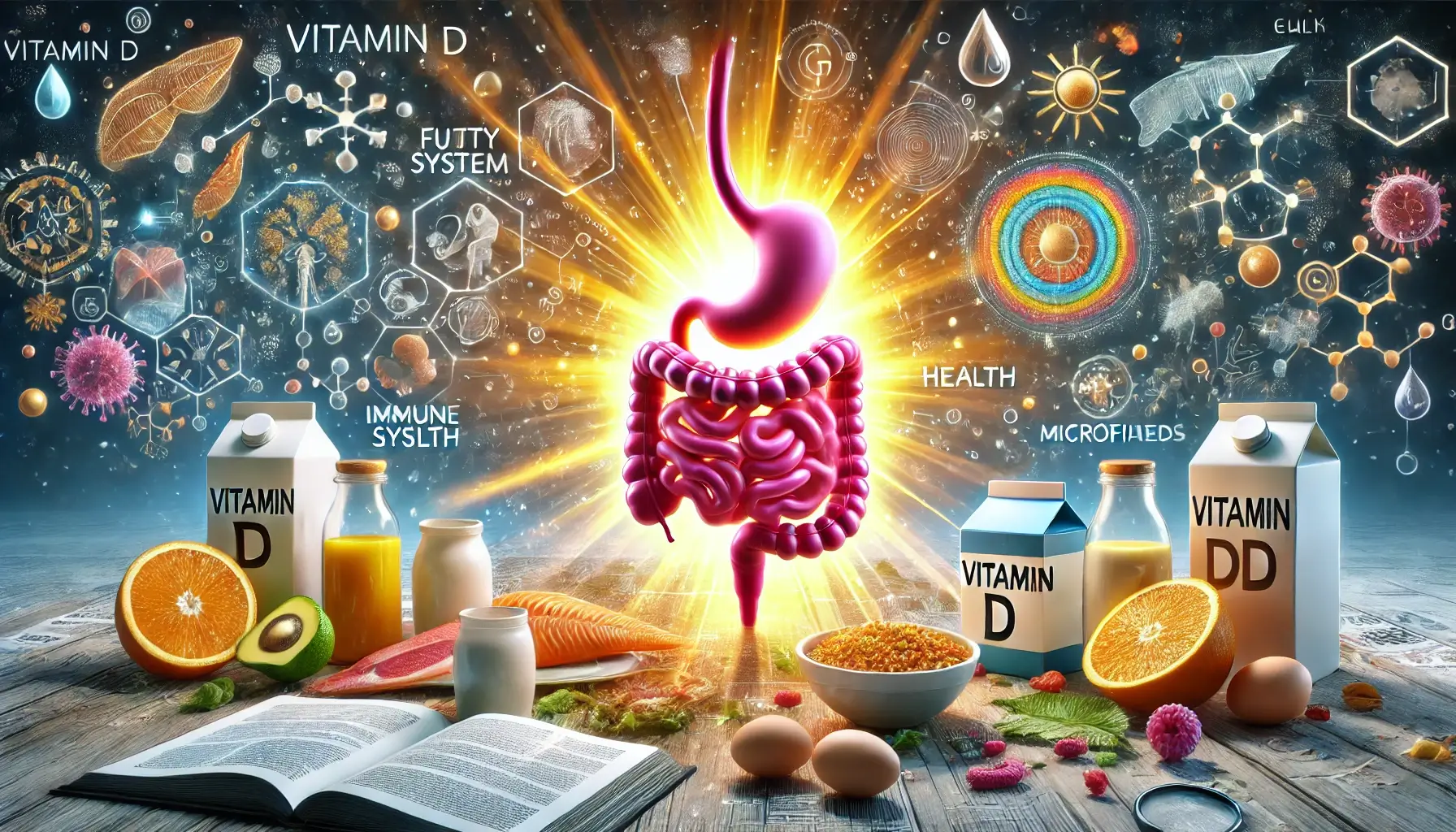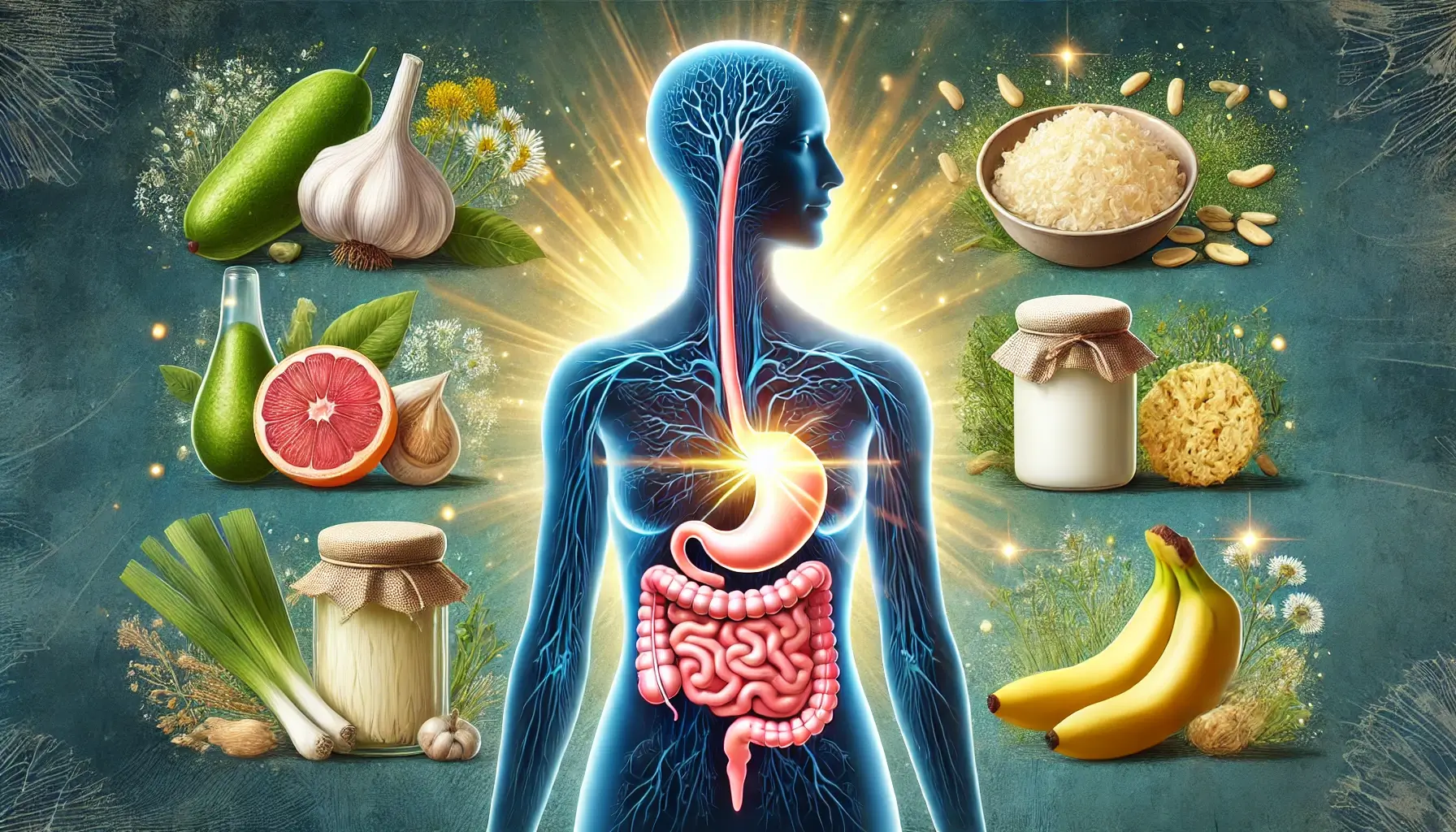Signs of Gastric Cancer in Its Early Stages
The stomach is a potential site for the development of gastric cancer. On a global scale, it ranks as the third most deadly cancer and the fifth most frequent cancer overall. Although it can affect persons of any race or ethnicity, gastric cancer is more prevalent in East Asia.
Although stomach cancer’s precise origin remains a mystery, several variables might raise your chance of getting the illness. Possible danger signs include:
Gastric cancer is more prevalent in people who are 65 and older.
Gender: Males have a higher risk of developing gastric cancer than females do.
Food: Eating a lot of processed meat and not enough fresh produce might raise your risk of stomach cancer.
Conditions including gastritis and peptic ulcers, which cause chronic inflammation of the stomach, can raise the risk of gastric cancer.
There is an increased chance of having stomach cancer if the disease runs in one’s family.
Early Signs
It is possible to confuse the early signs of stomach cancer with those of less severe diseases since they are not always easy to identify. In the early stages of stomach cancer, you may notice some of the following:
Constant heartburn
Acid Reflux
Discomfort or pain in the abdomen
The sensation of fullness following a moderate meal
Feeling queasy
Throwing up
Inadvertent reduction in body mass
Iron deficiency anemia
To rule out more serious illnesses, such as stomach cancer, it is crucial to visit a doctor if any of these symptoms persist for longer than two weeks.
Some patients with advanced stomach cancer may experience more targeted symptoms, including:
Having trouble swallowing
Viscous poop
Stools upholstered in black
Abdominal edema or fluid accumulation
Glands, underarms, or neck lymph nodes that have enlarged
A skin and eye yellowing condition known as jaundice
A trip to the doctor is in order at the first sign of any of these problems.
Risk Factors and Screening
Although gastric cancer tends to manifest in the elderly, it can strike anybody at any time. Those who suffer from gastritis or peptic ulcers, which are chronic inflammations of the stomach, are more likely to develop gastric cancer. Gastric cancer risk factors also include:
Tobacco Use
Consumption of few fresh fruits and vegetables and many processed meats
A history of stomach cancer in one’s family
Unhealthy Weight
As the number of persons diagnosed with obesity continues to rise year, it has become an increasingly pressing issue in modern society. Heart disease, diabetes, and cancer are just a few of the many significant health complications that can develop from obesity. Gastric cancer, sometimes called stomach cancer, is one kind of cancer that is strongly associated with obesity.
One possible risk factor for getting stomach cancer is being overweight. This is because being overweight raises the risk of stomach cancer by causing inflammation, which in turn damages the stomach lining. In addition to obesity itself, diseases, including Barrett’s esophagus and gastroesophageal reflux disease (GERD), can raise the risk of stomach cancer.
See your doctor about stomach cancer screening options if you think you might be at a high risk. These screenings can aid in the early detection of stomach cancer when the disease is more accessible to cure. An endoscopy, a camera-equipped narrow tube that examines the stomach’s interior, is a typical screening test. To search for indications of cancer, another test is a gastric biopsy, which entails extracting a little piece of stomach tissue.
Screening tests can aid in the early detection of stomach cancer. However, it is vital to remember that they are not 100% accurate. It is critical to visit a doctor promptly if you encounter symptoms like nausea, unexplained weight loss, or stomach pain. Improving your chances of a good recovery from stomach cancer is possible with early identification and treatment.
Consult your physician if you experience any worries regarding stomach cancer. You can determine your risk and create a strategy to maintain good health together.













